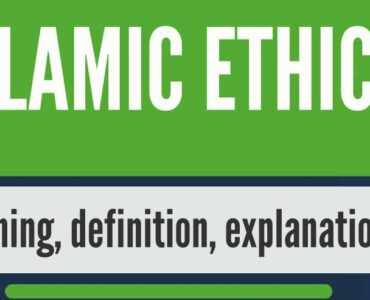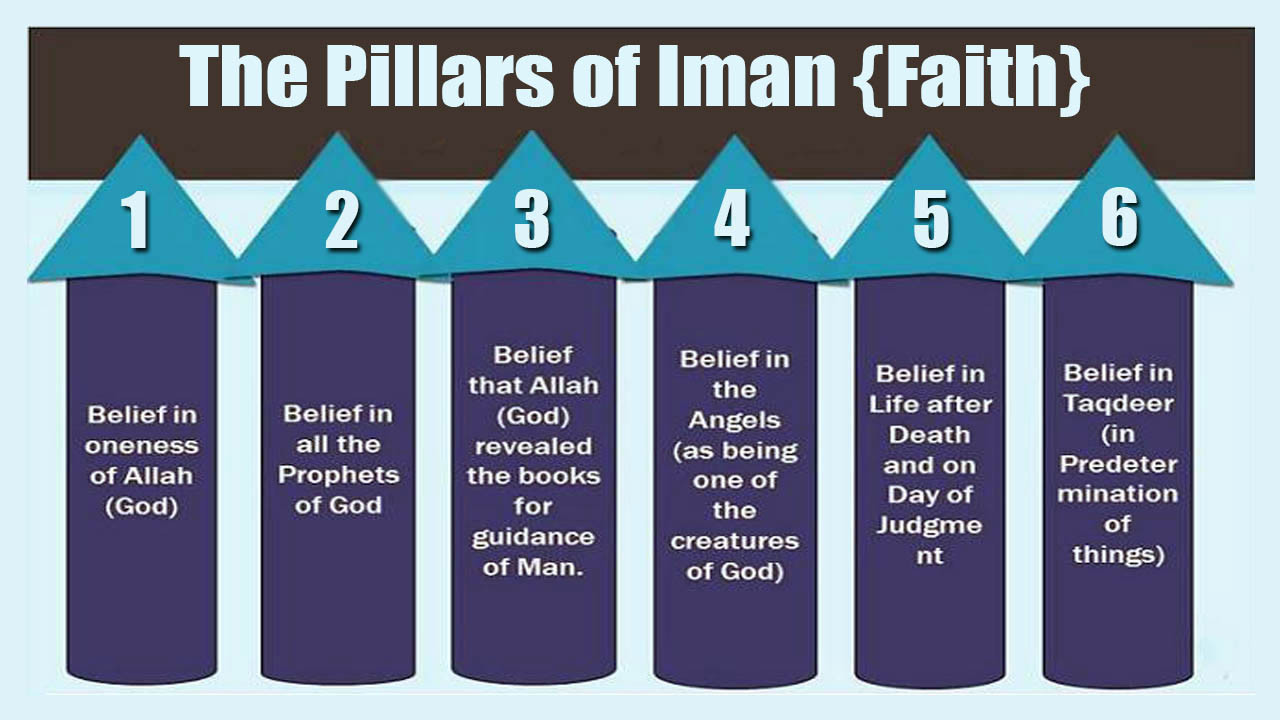INTRODUCTION
CHRISTIANS ENGAGED IN business or business development projects should be concerned with rightly representing Christ and His kingdom in their whole life, not merely in compartmentalized aspects. Darrow Miller in his excellent book, Discipling Nations: The Power of Truth to Transform Cultures, states, “We are to bring the life and wisdom of God to bear in all of life, not just (as naturalists insist) in a privatized ‘religious’ sphere. This means our goal must be nothing short of transformational development, which impacts both man’s spirit and body.” This is the rationale for this important book and resource by Dr. Jay Lykins. It is to communicate the biblical values pertaining to the area of life known as the marketplace; i.e., the world of business and economic activity.
God calls His people to follow Jesus and reflect His character in all they do, including their activities in the marketplace. This is why the Bible is full of material related to business themes. This book attempts to distill and summarize these key biblical references regarding business and economic issues and make them more useful as a guide for those who are either working in the marketplace or enabling others to do so through business or micro-enterprise projects.
Whether readers are engaged in running a micro-enterprise, small or large business, or a domestic or international business project that provides business loans, services, and training to ultimately benefit poor entrepreneurs, this resource is meant to provide them with tools. These tools will help them to represent Christ rightly, expand His Kingdom, and be a voice and witness to all those in the marketplace, whether customers, workers, managers, business owners, or whole communities. God does not intend His people to dichotomize their lives and separate the secular from the sacred. Rather He desires them to integrate the two, so that all of life reflects His glory and His just purposes are accomplished in a business decision or transaction on a Tuesday as much as they are in a worship service on a Sunday morning.
Values In The Marketplace will challenge the believer and nonbeliever alike. *God’s values are true whether one has committed their life to Him or not. Although directed towards Christians and advocating a Christian perspective and ethic in business, the material covers topics that every business person faces such as leadership, management, planning, and quality control. There is persuasive material, for example, that shows why the biblical injunction to love your neighbor is a sound business practice when applied to customers, suppliers, and employees and can help any enterprise prosper.
Part I lays a foundation of biblical values starting with an overview of the theme of Proverbs — the pursuit of godly wisdom — essential in a world of questionable business practices. The foundation is further laid in Chapter Two, which reviews the implications of the civil law of Israel in the Old Testament. Finally, this section outlines twelve foundational principles that reinforce the dignity of work, the advantages of free enterprise, and a case for how the Bible should inform marketplace issues.
Part II discusses major business objectives from a biblical perspective including the functions of a business, the proper use of wealth in the world, justice in the marketplace, and how to have a successful business.
Business skills are the theme of Part III. These chapters are written to help business owners and managers make quality decisions and apply sound management, leadership, planning, and quality control principles to improve efficiency and service, and enhance customer and employee satisfaction. There is also a chapter on healthy business relationships and how to treat people, an acquired and important business skill. This section ends with material on how to manage money with a strategy and attitude that reflects God’s purposes.
In Part IV there are four crucial chapters on business ethics including one that addresses some common ethical issues like avoiding compromise, borrowing and lending money, handling debts, and bankruptcy. The core chapter in this section outlines a model code of ethics based on biblical values. There is also a chapter on the I love it of accountability and how to plan for it.
Additionally, in Part V, the final chapter discusses finding a balance between acquiring wealth through profits and guarding against materialism. Finally, there is a noteworthy Appendix which explores major economic perspectives in light of biblical values.
This resource doesn’t cover all the aspects of business. For example it is not a manual for marketing and financial accounting. However, there is sincere hope that it will equip business people for holistic service to God and others, and provide the essential tools necessary to help businesses grow, prosper God’s way, and encourage the expansion of the Kingdom through business relationships. When used as a resource for business and micro-enterprise programs, our hope is that it will enable the training and success of poor entrepreneurs to begin pulling themselves out of poverty with God’s values as their foundation. If this resource is at least able to provide some of these kinds of benefits, may God get all the glory!
Paul Kennel
President
World Concern
2000
(Paul is now retired, living in Washington state)
World Concern still uses the principles outlined in Values In The Marketplace at their international locations where small enterprise development projects exist.
NEXT: Part I: Biblical Foundations
PREVIOUS: Preface
Introduction
https://discerning-Islam.org
Last Updated: 10/2022
See COPYRIGHT information below.



